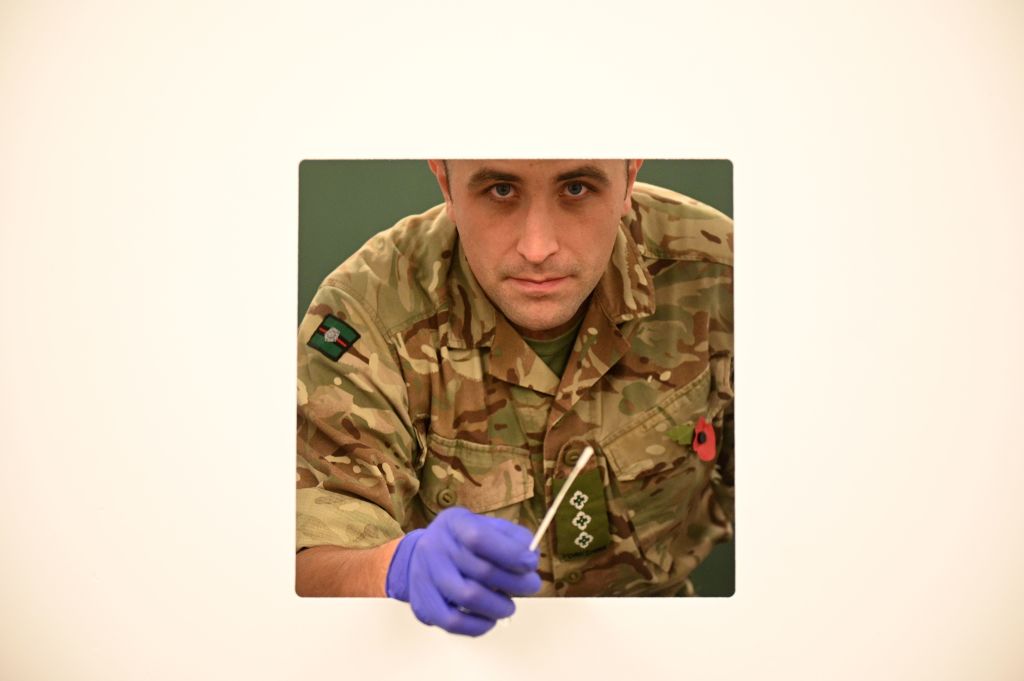Now that we seem to have two Covid-19 vaccines that work, do we really need Operation Moonshot, the government’s programme to test 10 million people a day by early next year?
It’s a poignant question, not least because of the extraordinary sums which appear to have been committed to it: briefing documents leaked to the BMJ in September suggested that it could cost £100 billion, which is close to the annual NHS budget in England. What would be the point of testing the entire population of Britain once a week if the virus was being controlled by a vaccine?
The cost aside, there is growing medical opinion against the idea. The latest criticism appears in a letter to the BMJ today from Mike Gill, a former regional director of public health and Muir Gray, visiting professor at the Nuffield Department of Primary Care Sciences, University of Oxford. They point to the pilot testing programme currently being undertaken in Liverpool using a ‘Lateral Flow Test’ made by Innova, which gives results in less than an hour. The programme, to judge by the long queues of people wanting the test, has proved popular, but they argue: ‘the ethical basis looks shaky’. Mass-testing of asymptomatic people, they say, is of limited use because such people are unlikely to be very infectious. Moreover, false positives related to the tests mean that large numbers of people will be forced to self-isolate when they do not, in fact, have the virus.
The pair point to a study by Porton Down and the University of Oxford, published last week, which assessed the Innova Lateral Flow Test and suggested that it had an overall false positive rate of 0.32 per cent. However, that figure includes laboratory tests. When used in the ‘field’ by locally-trained testers – which is how they will be used in a mass screening programme – the false positive rate could climb up to 0.6 per cent.
While that might seem small, if you are going to test the entire UK population once a week it would mean that, at any one time, we would have around 390,000 people self-isolating when they do not in fact have the disease. Even if you take the lower, false positive rate of 0.32 per cent, which covers laboratory tests, it would mean over 200,000 people at a time forced to self-isolate when they do not actually have Covid-19. The virus could become entirely extinct and still we would have a city the size of Portsmouth confined at home for no reason at all.
No one’s freedom, Gill and Gray argue, should be contingent on the result of a novel rapid Covid 19 test. Instead the government should seek to improve the performance of the current test and trace system, which revolves around identifying symptomatic individuals.







Comments